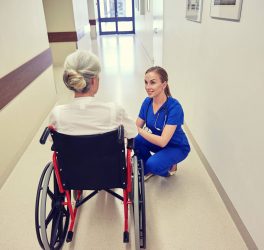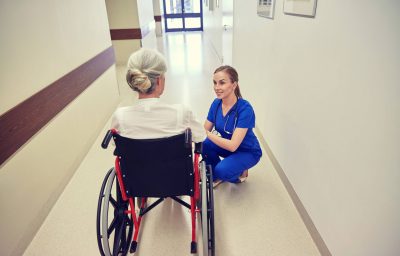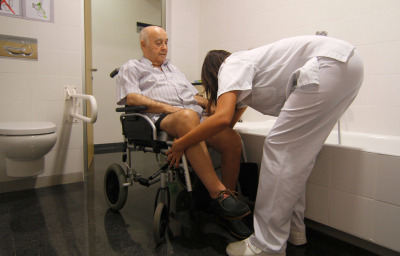
People with learning disabilities in England face compromised safety when hospitalized, warns the Health Services Safety Investigations Body (HSSIB). Their review of care highlights “persistent and widespread” risks.
The report says that there is a commitment across the NHS to improve the experience of care for those with a learning disability but that, ‘persistent and widespread’ safety risks remain. The report also points to multiple studies and reports which continue to evidence poorer outcomes, avoidable illness and premature death for those with a learning disability.
The report reveals that current systems and processes within the NHS are not always designed to enable staff to deliver effective care to people with a learning disability.
Nearly one million adults in England are living with a learning disability.
The watchdog launched its review after receiving a report about a 79-year-old who died following a cardiac arrest two weeks after being admitted to hospital.
The patient’s condition deteriorated 14 days after he was admitted, and he sadly died after suffering a cardiac arrest. In analysing the details of his case, we identified that during his time in hospital, his needs ‘were not consistently documented or met’. For example, his hearing impairment was not addressed, meaning staff were unable to effectively communicate with him.
As part of our wider investigation, HSSIB spent time with more than 20 different people with a learning disability and their families and carers. The investigation visited these individuals in acute hospitals, supported living, day centres and their own homes. The investigation saw how each person had different and varying levels of needs. The report says that ‘it was evident that forming long-term friendships, adapting communication and having a regular routine were important to many’ and that carers told them routines cannot be broken, because without them some people would be ‘completely lost’.








